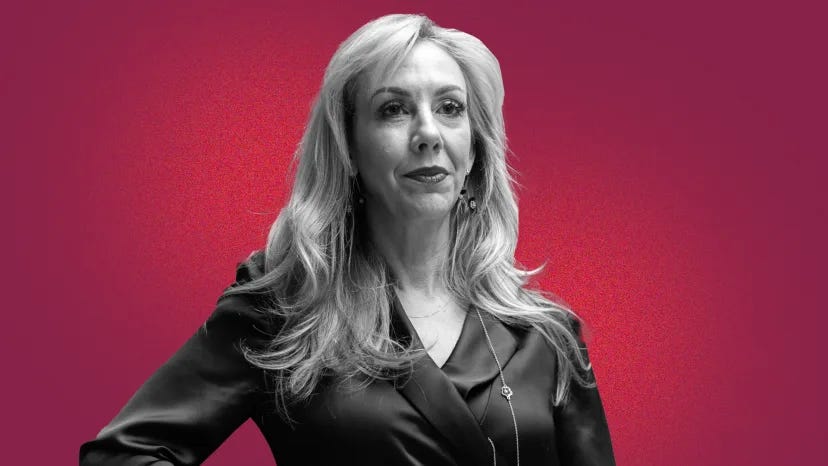Responding Best to an Invitation-to-Critique Interview Question
Learning how prospective employees go about problem solving
There is an interview question that Hello Alice co-founder Elizabeth Gore likes to ask that surprises most job candidates and makes some unsure as to how to answer. Gore however has mutually-beneficial reasons for asking it.
Her company platform “has helped 1.5 million entrepreneurs and contributed $52 million in grants,” Gore told Gili Malinsky at CNBC.
Her favorite question to ask in interviews is a very direct:
"What do you think we're doing wrong at our company?"
It’s bold question and unlikely one all candidates anticipated. It could them off balance emotionally.
“This is actually a brilliant question. It’s direct, to the point and tells you a lot about how a candidate handles pressure,” says Christian Hed, the chief marketing officer at Dstny, a European provider of cloud-based business communications solutions.
“It could also be an opportunity to show the skills of strategic thinking of a candidate.”
Hed says candidates should focus on relaxing as to think at their best.
“The main thing here is don't get defensive or freeze,” he advises. “Try and answer as constructively and as positively as you can.”
He talks about what he would be looking for in an answer.
“Personally I would prefer a candidate's response that showed me the depth of understanding of the company’s challenges and a vision for improvement,” Hed reveals.
He shares what would impress him in a reply.
“I will pick someone who is able to offer solutions along with the problems over someone who just dishes out the flaws,” Hed says. “The main thing to look for here is, is the candidate able to engage in a solution-oriented dialogue?”

Candidates may not exactly know how to respond yet the question is a positive for them if they can get comfortable with understanding what is being asked and can quickly grasp how to shine.
"This question is a golden opportunity for any candidate to show how they handle challenges head-on,” Hed explains. “A lot of people, rather most people, will in fact get thrown off by it, and that is normal. But the best candidate will not panic.
“They’ll take a moment, collect their thoughts, and then offer a balanced response that shows they’ve done their homework about the company.”
He offers helpful advice.
“Show that you can be calm under pressure and are able to give a constructive or positive feedback. A great answer tells me that this person is invested in my company's long term success, and genuinely cares for the growth of the organization,” Hed says.

"What do you think we're doing wrong at our company?" tests a candidate’s ability and willingness to be respectful, which may seem to be no concern, but it is one, according to Gore.
She also may inquire, "How are you going to push our company goals?" and think to herself, "What innovation are they bringing to the table?"
It would be easy for the person to frame the answer as, "well, you suck at these five things," she says, yet predictably, that comes across as a red flag for self control, character and how someone may fit into the team.
"How you deliver that answer is as important as what you deliver," she says. Communicating, "well, you suck at these five things," or something similar is not going to land well with the interviewer.
What she’s seeking, Gore says, is for a candidate to say something like, "here's a growth area that I would recommend," she says, because that type of researched, thoughtful response is not condescending and can help the company.
It’s vital for candidates to think about how they may naturally come across if they don’t think about their communication style before speaking.
"No one wants to come across as critical or dismissive,” Hed says, and “No one wants to hear 'you’re doing this wrong', which just sounds outright negative.” So he has a suggestion. “Instead, I’d appreciate a response that shows me a growth opportunity.”
He goes deeper to illustrate how that can look and sound.
“Don't just sit there and do the finger pointing at problems. Offer solutions. Think of solutions. The right approach should feel like you’re joining forces to improve the company. If a candidate responds like that, it shows confidence, respect and ability to manage stress: things that a company looks for in leadership roles."
This newsletter normally publishes Tuesday, Thursday and Sunday, with occasional articles on other days. To advertise, sponsor a section of the newsletter or discuss your affiliate marketing program, contact CI.




